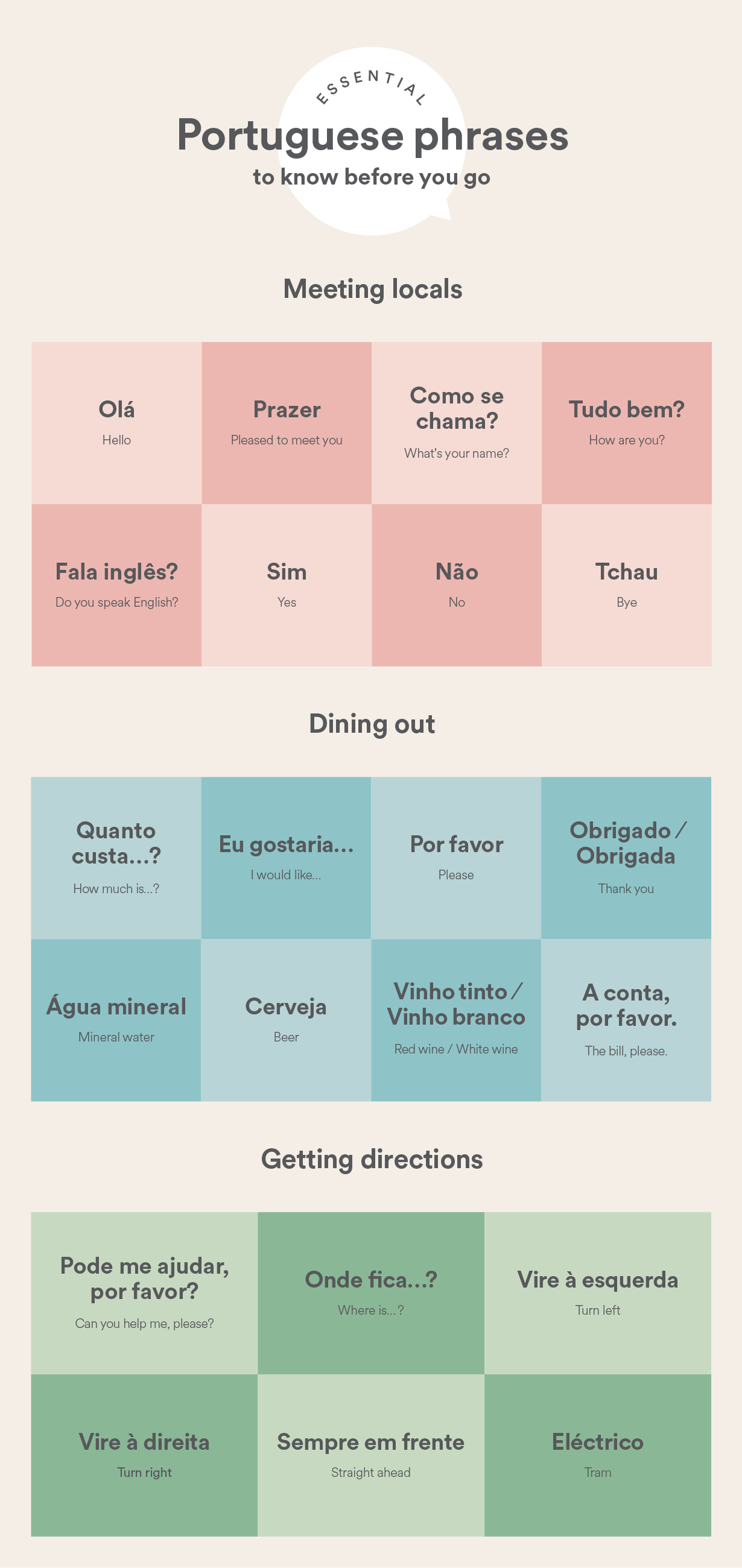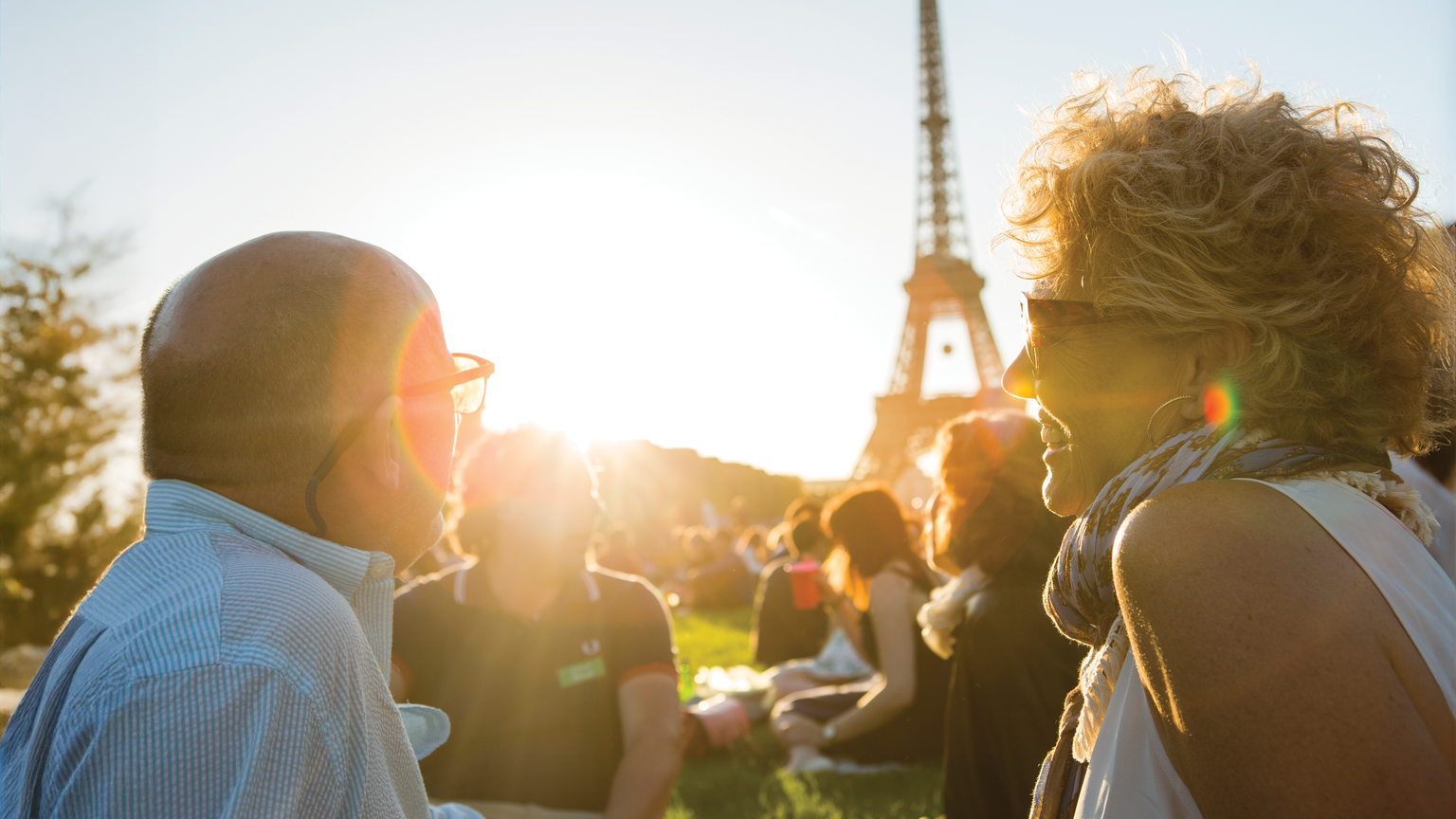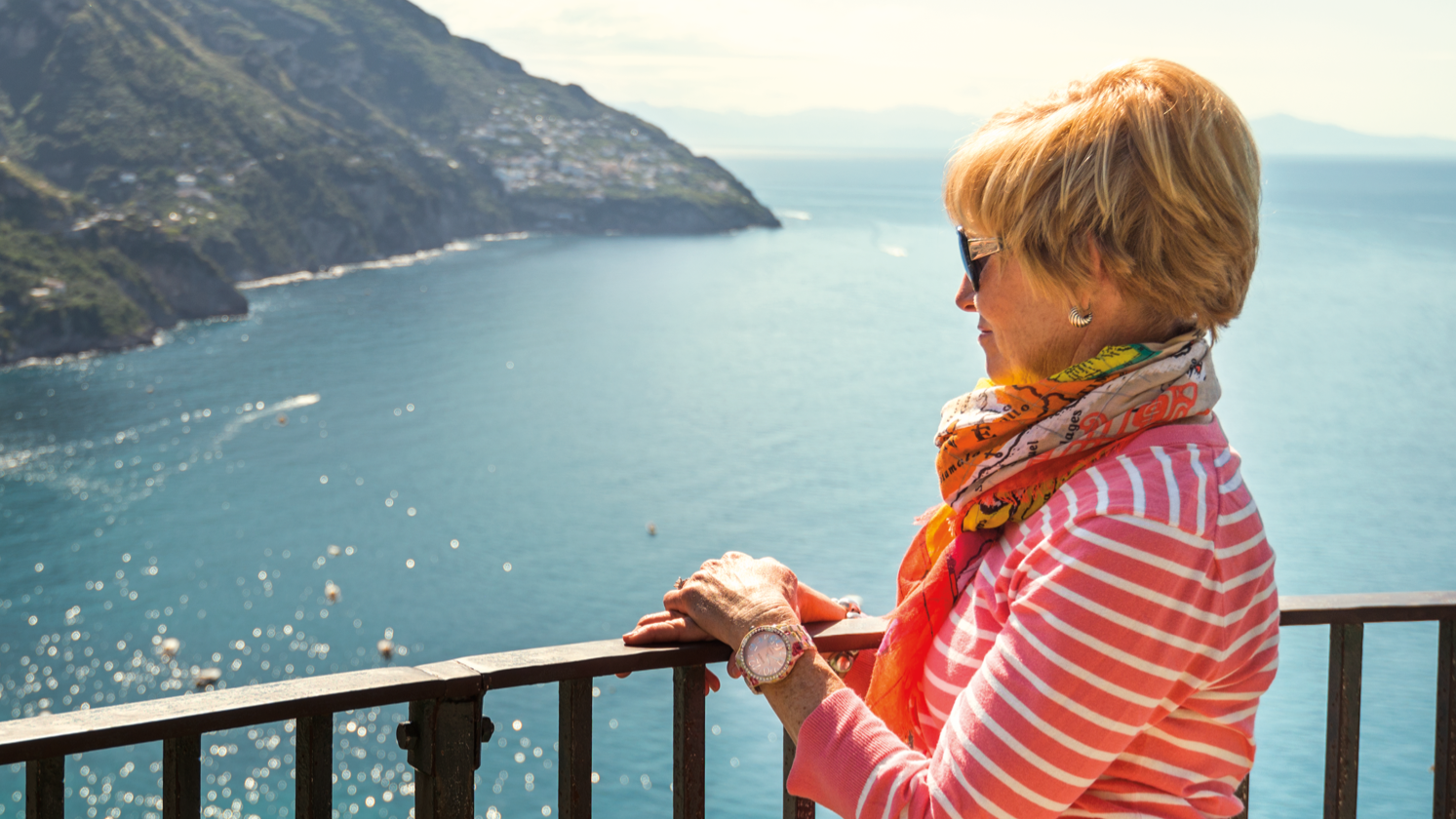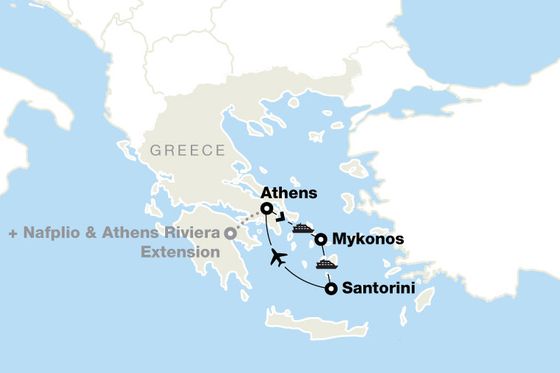
Essential Portuguese phrases to know before you go
To help you prepare for a tour of Portugal, here are a few Portuguese phrases to know before you go.
We’ve said it before and we’re sticking to it: One of the best ways to prepare for any trip is to learn a few phrases in the local language! Making an effort to communicate means a lot to the locals, and having a handle on the basics will help you get even more out of your cultural experience. To help you prepare for a tour of Portugal, here are a few Portuguese phrases to know before you go.
Olá
(pronounced: oh-la)
A simple “hello” will get you far when you’re out and about on tour in Portugal. Kick it up a notch with bom dia (pronounced: bom DEEya) to say good morning until around noon, and boa tarde (pronounced: BOa TARde) to say good evening. You’re also likely to hear oi (pronounced: oy), which is a casual “hi.”
Tchau
(pronounced: chow)
This is the easy, informal way to say “bye” to friends and acquaintances. If you want to be a bit more formal, adeus (pronounced: a-day-ush) will do the trick—you’ll usually hear older Portuguese locals using this phrase.

Prazer
(pronounced: pra’zer)
You can use this to say “pleased to meet you” when you introduce yourself to everyone from your Tour Director to local guides on tour in Portugal.
Por favor
(pronounced: por fa-vor)
Manners are always important, especially when you’re stepping into new cultures on tour, so tuck this phrase for “please” in your back pocket.
Obrigado / Obrigada
(pronounced: obri-gah-du / obri-gah-da)
Whether you’re dining out or popping into tile shops on tour, there will be many moments you’ll want to show locals your appreciation on tour. This is the way to say “thank you”—male speakers use obrigado, while women say obrigada.

Tudo bem?
(pronounced: too-do beng?)
This phrase means “how are you,” and while it’s actually a Brazilian Portuguese phrase, it’s commonly heard in Portugal as well. Another way to ask someone how they are in a more formal way is by saying como está, (pronounced: ko-mo es-tah).
Estou bem, obrigado/a
(pronounced: es-tou beng, obri-gah-du / da)
Use this phrase to let people know “I am well, thank you.” Of course, this would be the most common response when someone asks how you are while you’re on tour... what’s not to love about being on a dream trip in Portugal?!
Fala inglês?
(pronounced: faa-laa eeng-gles)
Locals in Portugal often speak English, especially in big cities like Lisbon, and this is how to ask “Do you speak English?” They’ll answer sim, yes, or não (pronounced: now), meaning no.

A conta, por favor
(pronounced: a kon-tah por fa-vor)
If you’re dining out and have had your fill of Portuguese specialties like Port wine and fresh seafood, this is the way to ask for “the bill, please.”
Quanto custa…?
(pronounced: kwang-to koos-taa)
You’ll want to know this phrase to ask “how much is…?” once you find the perfect Portuguese souvenir!
Find more helpful Portuguese phrases to know before you go in our helpful infographic below

Do you dream of traveling to Portugal? Start planning your future trip today!
It was Jamie’s homestay in Germany that made her fall in love with travel (and her studies in Florence that really sealed the deal). When she’s not writing and sharing the magic of seeing the world with others, she’s usually on the lookout for her new favorite memoir, testing out recipes at home, or visiting her family on Cape Cod.







)




























































































